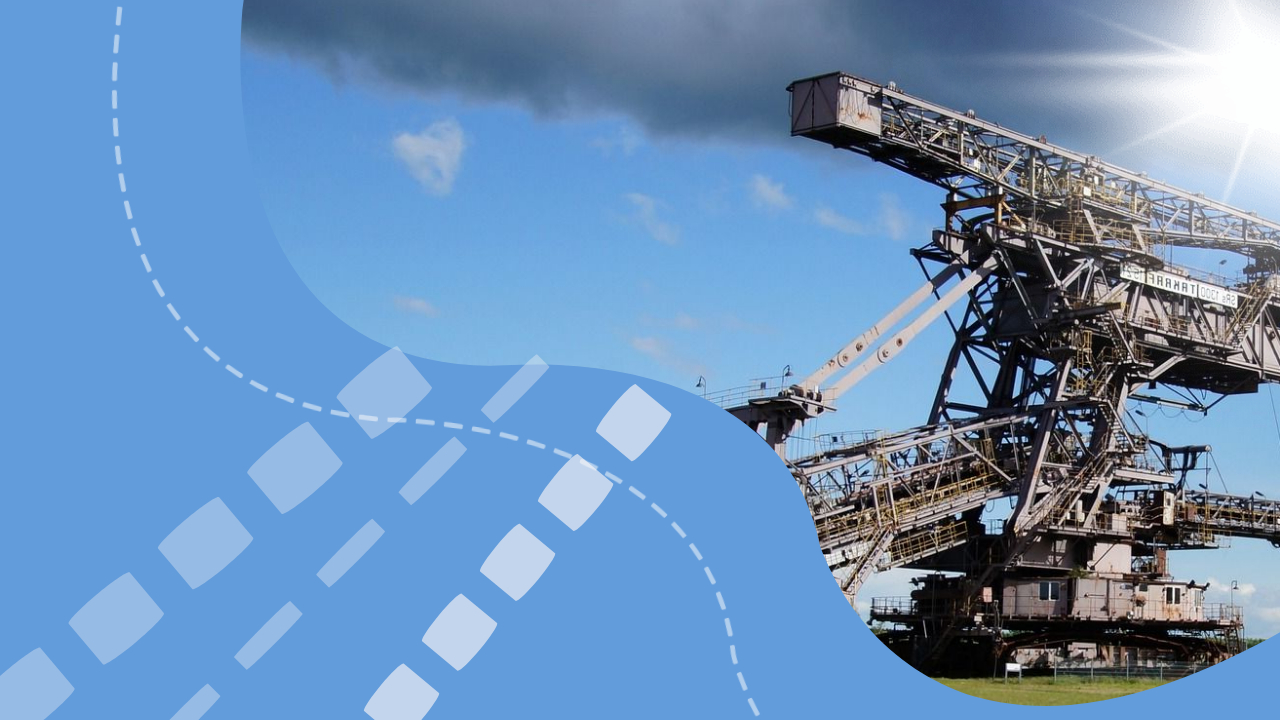Miners welcome the positive impact of Europe's focus on environment, social and governance issues (ESG) although the process can be riddled with red tape causing delays in achieving their green ambitions, company executives said
Mining is crucial for the supply of critical raw materials including copper and aluminium needed for electric vehicles and renewable technologies such as solar power, but miners are also responsible for up to 7% of greenhouse-gas (GHG) global emissions as most in the sector race to hit net zero by 2050
Compliance with ESG standards are increasingly important to keep commitments from institutional investors such as pension funds and insurance firms and for bank loans
Christel Bories, CEO at miner Eramet told Reuters documentation proving the company's ESG credentials for bank loans ran into thousands of pages and that the whole process from start to finish could take up to 18 months

